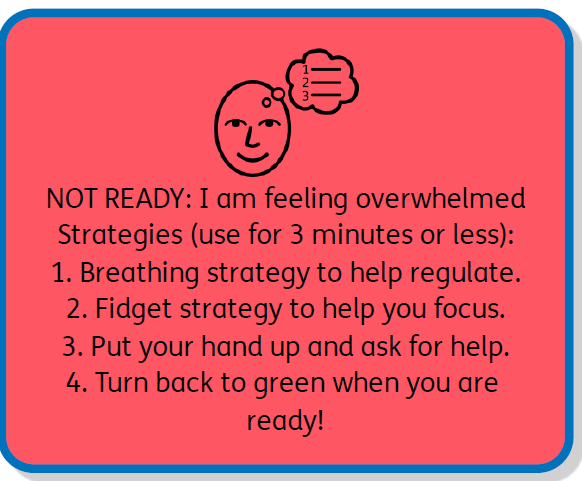Universal – for all students
- Training for all teachers on quality-first teaching, including the SEN common needs strategies
- Seating plans to accommodate for student needs.
- SEN and EHCP in-class observations
- Clear routines embedded into lessons – The Sedgehill Academy lesson cycle
- Homework club in room 1.22 – 3-4pm on Mondays
- SEN homework club during prep
- Subject Clinics after school
Targeted strategies
- Departmental interventions with the specialist teacher, targeted for specific students to help support their progress with the curriculum.
- Use of chromebook and touch typing interventions for students who require a laptop as their usual way of working.
Reading and literacy interventions:
- Ruth Mishkin, Fresh Start and Direct Instruction English for our KS3 readers who need support catching up.
- Reciprocal Reading with Key Stage 4 students.
- Vocabulary Enrichment Programme through Knowledge Organiser – to help students understand the fundamentals of the key subject language and enhance their vocabulary skills linked closely to the curriculum.
- Oracy.
Neurodiversity Learning Coach interventions:
- Neurodiversity check-ins
- Visual timetables
Speech and language interventions:
- Language for Thinking and Language for Behaviour and Emotions – working on identified strategies from speech and language assessments to support language development.
Specialist provision
- Screening by our qualified assessor for access arrangements to help identify key needs and help put support in place for them in lessons.
- Educational Psychologist assessment to help identify key needs and recommend strategies for supporting learning in school.
- EHCP needs assessment – applied for by the school or parent – please see your Local Authority website for details on this process.
- CAMHS referral for identification and assessment of neurodiversity, and support with SEMH.
Implementation and coordination of specialist provision funded by EHCPs:
- Speech and Language Therapy
- Occupational Therapy
- Physiotherapy
- Specialist equipment needed for physical disabilities
If you think your child would benefit from any of our support interventions please contact Diana Edmonds in the first instance.

